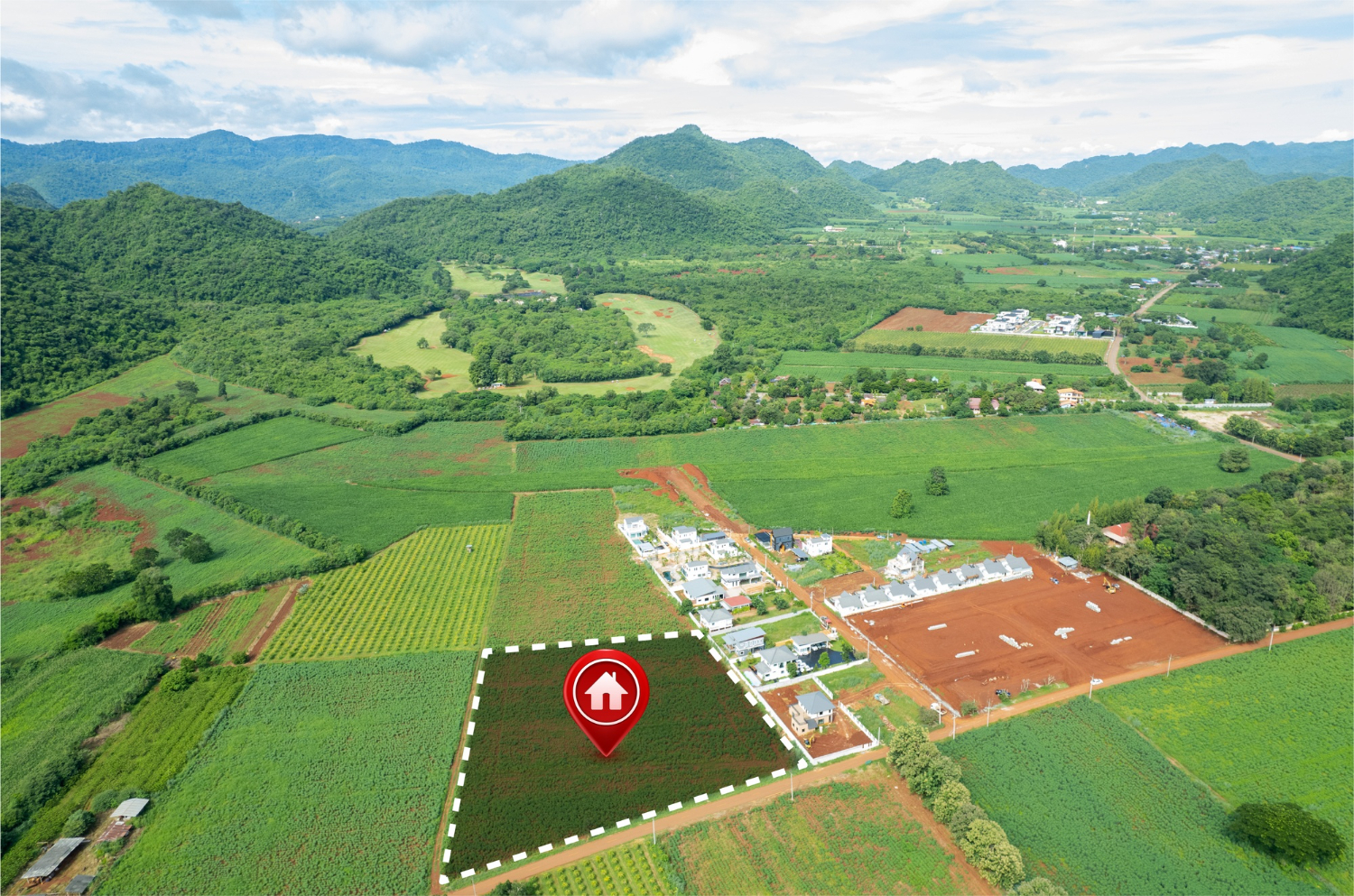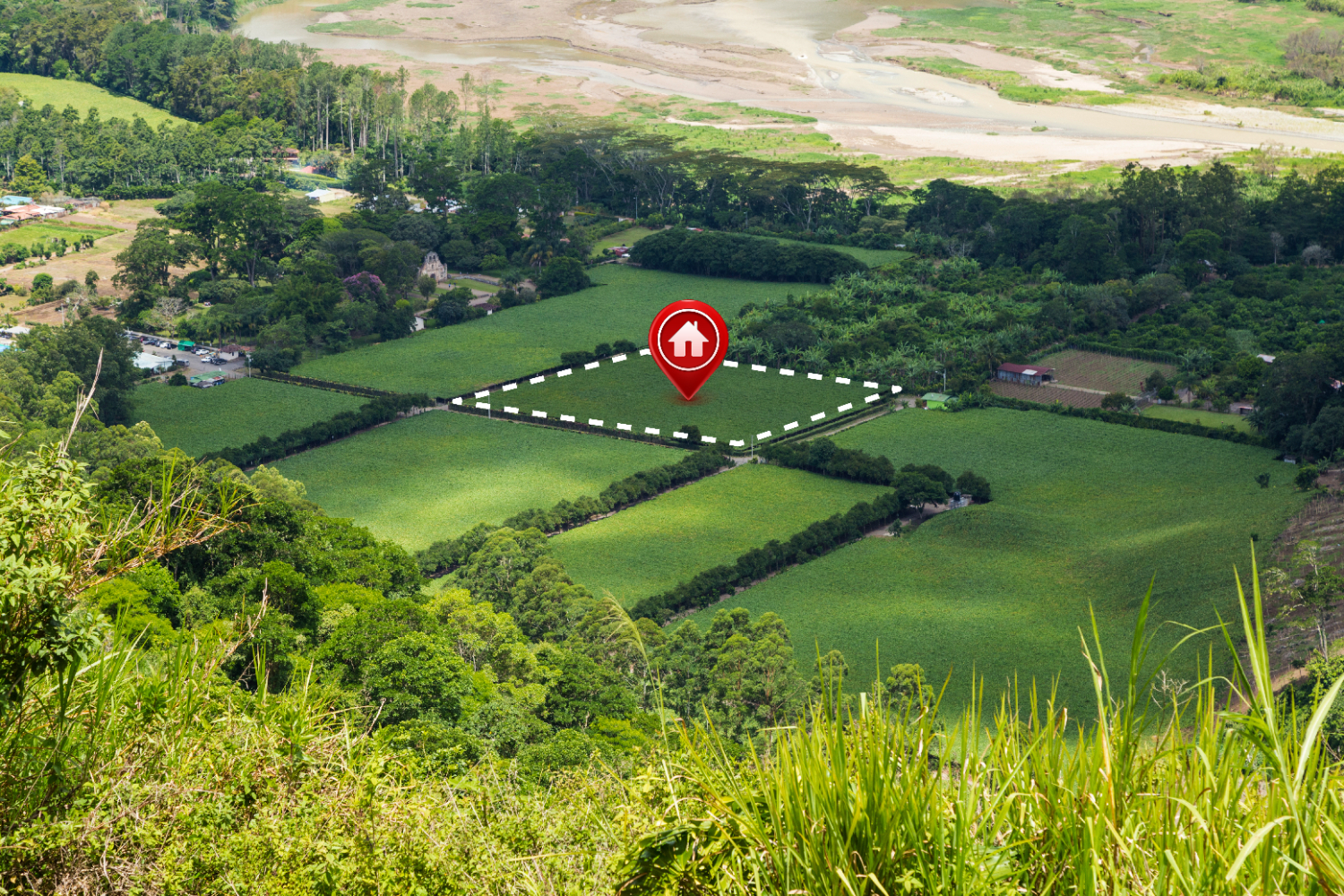As a landowner, understanding the intricacies of land valuation can be invaluable in ensuring a successful and profitable sale. Regardless of whether you own a developed or undeveloped piece of land, accurately determining its value is vital in obtaining fair market value and navigating negotiations with potential buyers. However, land valuation is a complex process influenced by several key factors, such as location, zoning, utilities, and development potential. Knowing how these factors impact your property’s worth will empower you to appraise your land and maximize its selling potential accurately.
This comprehensive guide aims to shed light on the critical factors that influence land valuation and offers valuable insights and practical tips to help you successfully appraise your property’s worth. By exploring the role of location, zoning, utilities, and development potential in determining your land’s value, you’ll be better equipped to navigate the land-selling process and make informed decisions. Dive into the world of land valuation and gain the confidence and knowledge necessary to accurately assess your property’s worth in today’s competitive real estate market.
Whether you are a seasoned landowner or a first-time seller, understanding land valuation is crucial for achieving the best possible results in your land-selling endeavors. With the expert guidance provided in this guide, you’ll be well on your way to unlocking your property’s full potential and setting the stage for a rewarding and successful sale.
1. Location: A Primary Determinant of Land Value
Location undeniably plays a crucial role in determining your land’s value. It influences not only the property’s desirability but also its development potential and accessibility to essential amenities. Consider the following location-related factors when appraising your land:
– Proximity to Urban Centers: Properties situated near urban areas or growing communities tend to command higher values due to increased demand. The availability of amenities, such as schools, healthcare facilities, and shopping districts, can make your land more attractive to potential buyers.
– Accessibility: Access to transportation infrastructure, such as highways, public transit, and airports, is essential for both residential and commercial land. Improved accessibility increases your land’s worth, while limited or difficult access may decrease its value.
– Topography: The physical characteristics of your land, such as slope, soil quality, and drainage, can impact its development potential and desirability. For instance, flat land is more valuable for agricultural purposes, while hilly terrain may offer breathtaking views for residential development.
2. Zoning and Land Use Regulations
Zoning and land use regulations significantly impact a property’s value by influencing its development options, potential uses, and restrictions:
– Zoning Classifications: Familiarize yourself with your land’s zoning classification, which dictates its permitted uses, such as residential, commercial, agricultural, or industrial. Properties with flexible zoning, allowing for diverse development opportunities, tend to be more valuable.
– Regulatory Compliance: Ensure that your land complies with local zoning ordinances and land use regulations. Non-compliant properties can face legal challenges, negatively affecting their value and marketability.
– Future Zoning Changes: Stay informed about any potential zoning changes or land use developments in your property’s vicinity. These changes can significantly impact your land’s value, either positively or negatively, based on the type of development and its implications for the surrounding area.
3. Utilities and Infrastructure
The availability and accessibility of utilities and infrastructure contribute to your land’s overall development potential and value:
– Utility Connections: Properties with pre-existing utility connections, such as water, sewage, electricity, and internet, hold a higher value than those without. The cost and complexity of connecting these utilities can be significant, making fully-serviced land more attractive to potential buyers.
– Road Access: Access to well-maintained roads or highways substantially impacts a property’s value. Good road access enhances a property’s convenience and development potential, while properties with limited or no road access may struggle to attract buyers.
– Public Infrastructure: The presence of public infrastructure, such as parks, schools, and hospitals, can raise your land’s value. These amenities make the area more desirable for residential or commercial development, increasing demand for your property.
4. Development Potential and Market Demand
Your property’s development potential and the current market demand for similar land types influence your land’s worth:
– Highest and Best Use: Determine the highest and best use of your land, which refers to the most profitable and legally permissible use that is both financially feasible and physically possible. This assessment plays an essential role in projecting your property’s value and maximizing its selling potential.
– Market Trends: Analyze local market trends and sale prices for comparable properties in your area to gauge your land’s market value and overall desirability. Studying recent sales or consulting with real estate professionals can provide valuable insights into pricing and demand in your region.
– Environmental Factors: Environmental issues, such as floodplains, wetlands, or endangered species habitats, can limit a property’s development options and impact its value. Perform due diligence to identify any environmental constraints or concerns that may affect your land’s worth.
Apply Expert Land Valuation Strategies to Accurately Determine Your Property’s Worth and Maximize Its Selling Potential
Understanding the intricacies of land valuation is vital for achieving a successful and profitable sale. By considering the essential factors that impact your land’s worth, such as location, zoning, utilities, and development potential, you can accurately appraise your property’s value and set the stage for a rewarding land sale. Armed with the knowledge and insights provided in this guide, you are well-equipped to navigate the land valuation process and unlock your property’s full potential in today’s competitive real estate market.
Consult with the land sale experts at 7Land Corp for a comprehensive and professional valuation of your property. Our experienced team can offer personalized guidance, resources, and support to help you accurately determine your land’s worth and maximize its selling potential. Experience firsthand how our expert assistance can transform your land-selling experience, paving the way to a successful and profitable sale. Sell your land with us today and enjoy maximum returns!




